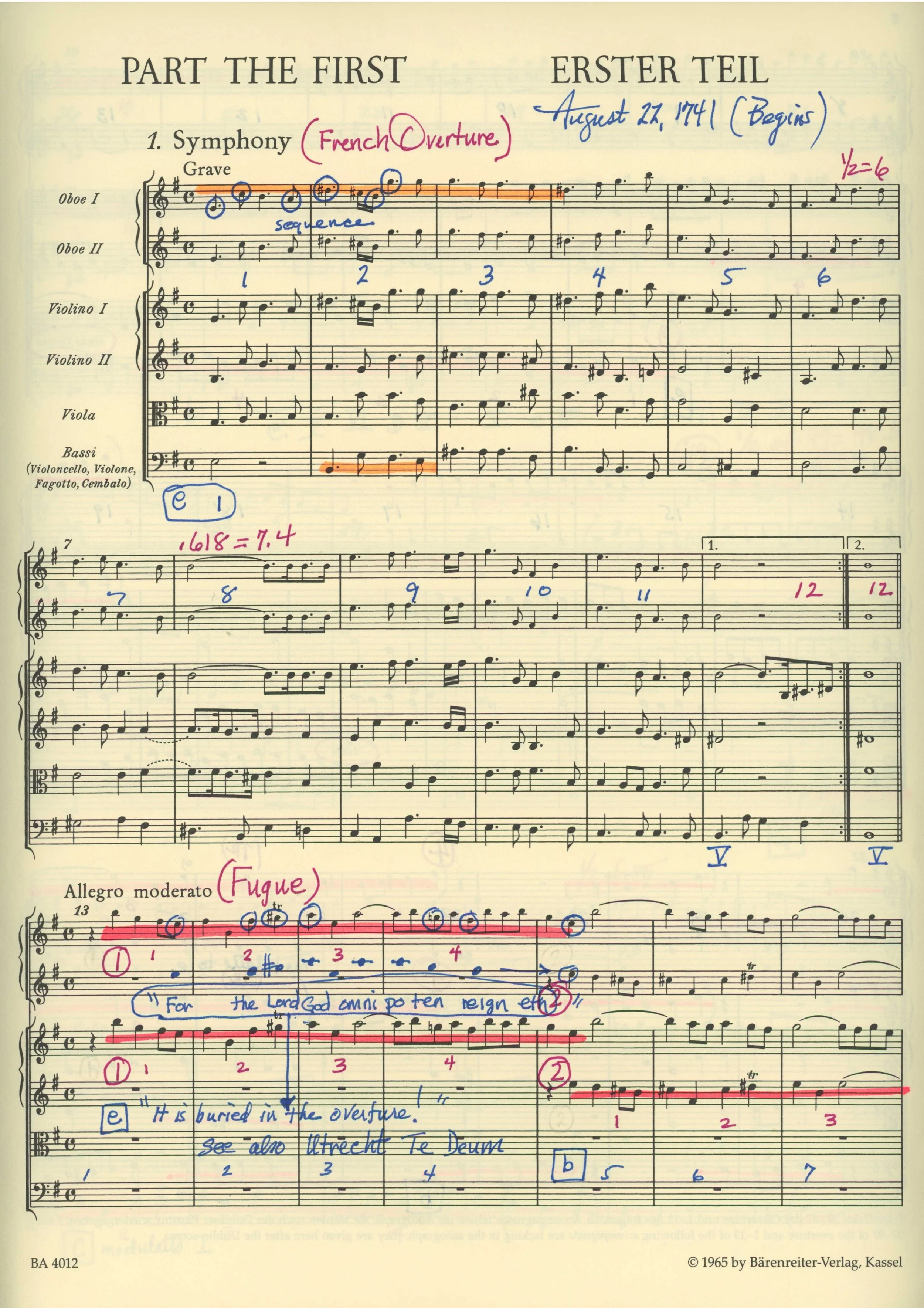
Advance Your Mind
Debussy and Ravel
The String Quartets
Spring 2026
Question: what is the earliest French string quartets you know of? If you answered Debussy and Ravel, you are in excellent company. 99% of most concert goers, musicians and even graduate students at The Juilliard School answer the same. Why? Where are the Classical quartet composers in France? Where are the earlier and mid 19th century French quartets? Why is it that we begin with Debussy and Ravel in the French quartet tradition? That’s really really late in music history and in the history of the quartet tradition. Debussy had planned 2 quartets, but only completed the first in 1893. Ravel’s quartet is tied up with his rejection of the Prix de Rome and Theodore Dubois’ resignation as director of the Paris Conservatory after its completion 10 years later in 1903. This was quite the mini-scandal, but helped to propel Ravel’s reputation as France’s next major composer. Ravel’s quartet is almost a “mini-me” of Debussy. Debussy was so impressed with Ravel’s quartet that he told Ravel to never change a note - - and the rest is history. These quartets are perhaps the most influential and important of the early 20th century and remain today grounded in the standard repertoire of every major quartet ensemble. We hope that you will come and learn all about these most important string quartets and the history that precedes them and the works that they inspired.
What To Expect
Each evening of the course, a professional 2-hour presentation is given with a complete 90-110 documentary video, where the student discovers the historical background, compositional and performance history of the work, as well as an in-depth compositional analysis of the work from the annotated scores of Dr. Briggs. These annotated scores are also offered for individual purchase so that each student may own their own annotated score of the work being studied.
Each evening begins and ends with greetings, comments and questions from the participants. After that, the documentary begins, during which time all participants watch and take notes. Questions about what you saw can be asked at the end of each evening or at the beginning of the next.
Students are encouraged to write privately to me as well. More often, this can be more beneficial as I can provide more information than in a question and answer period.
“To Be There, Or Not To Be There”
You do not have to attend the course when it meets on Monday and Tuesday evenings from 5 - 7 pm. You may sign up for the course and have access to the HD course videos, documents, pdf books, recordings and all scholarly documents made available during the course, and explore them at your leisure.
If you need to arrive late, you may also join the seminar at anytime after it starts or leave at anytime before it ends. You can come and go as is necessary for your busy schedule.
You are completely free to interact as you see fit. We are all busy and yet we all have the desire to learn and attend courses that often conflict with our schedules.
These courses are set up to accommodate your busy schedule. In this way, you won’t miss out on this wonderful experience.
Please don’t let your schedule dictate what you can learn!!
The Course in Context
Seminars in Music is a 3-week course (sometimes 4-weeks) which meets on Monday and Tuesday evenings from 5 - 7 pm, generally four times per year; roughly February-March, June, September and December. The course meets online through Zoom and offers in-depth studies in various masterworks by composers from Monteverdi through the great masters of the 20th and even the 21st century.
The course includes 6, 90-110 minute documentary videos covering the entire topic.
Each evening includes an “Interactive Video” in 1080 HD. This video includes questions and comments from those attending the Zoom meeting before and after the documentary video.
A 4K “Presentation” video of the documentary is also available without comments and questions from participants.
Therefore, you get 2 documentary videos that you can enjoy with or without comments and questions from participants.
Historical/analytical documents from all important periodicals and scholarly journals, letters, reviews, recordings, documentary videos, pdf books and many other documents are available for the student to download and keep for future study and reference.
No course, currently available anywhere, provides you with as much scholarly material as these courses do. It is simply impossible to absorb, read through, watch and get through all the material available to you. Thus, each course can be considered a near complete treatise on the subject.
The Annotated Score
For each work we study, I offer a copy of my own annotated score, which contains all of my analytic markings from years of teaching and studying the work. These annotated scores can help you understand the work better when studying on your own, as well as when we follow the score during the seminar. Each annotated score is a historical document filled with vital information for those interested in going beyond what can be covered in the course itself. You can purchase a PDF copy or a printed soft-bound copy of the annotated score. The price of the scores vary depending on the number of pages; usually from $60 - $175. Operas, oratorios and larger works are the most expensive, as they run in 400-500 pages of high quality digital color.
See example single pages of the annotated scores from previous seminars below
Bach: Musical Offering
Mozart: The Magic Flute
Stravinsky: The Rake’s Progress
Schumann: Dichterliebe
Beethoven: Symphony No. 9
Bach: St. John Passion Analysis of Opening Movement
Handel: Messiah - Symphony
Brahms: Late Piano Works
Strauss: Salome
Berlioz: Symphonie Fantastique
You may purchase any of these scores, and others, without taking the course.
Please click “Contact” above for more information on how to purchase a score, or write to me at:
keninnyc@gmail.com



